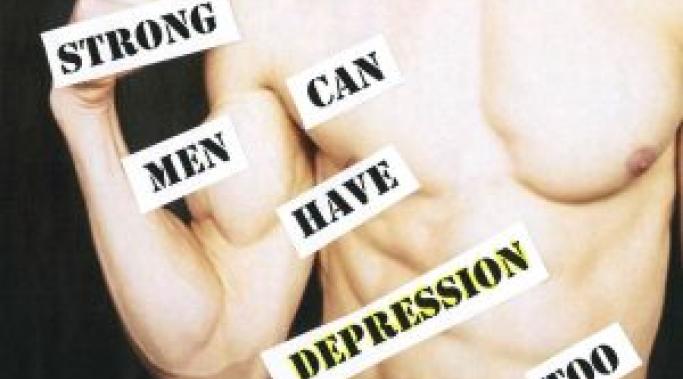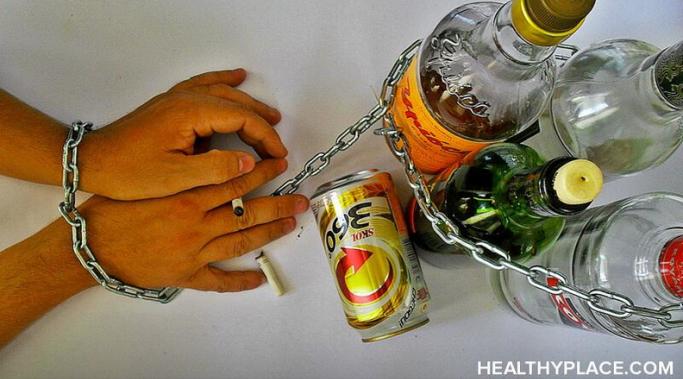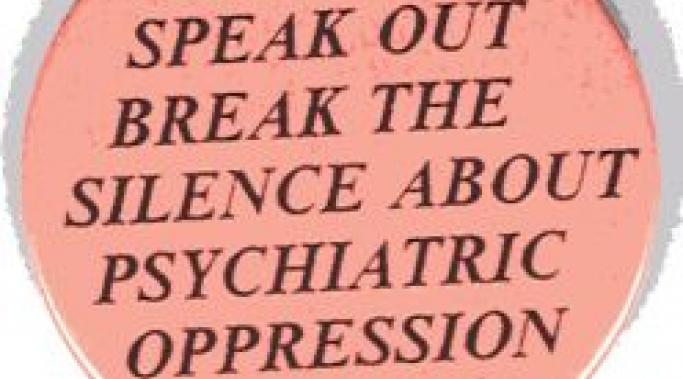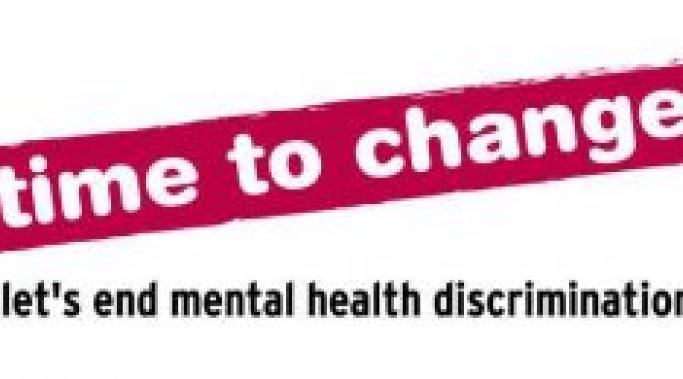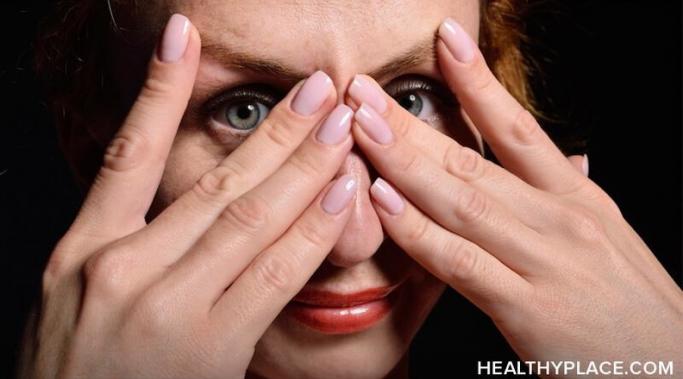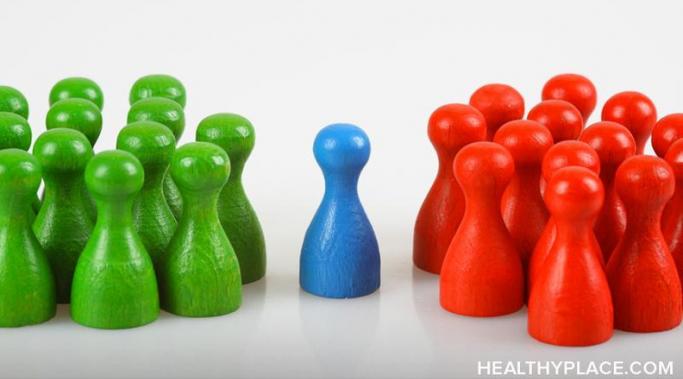I certainly don’t need to convince any of my readers that mental health stigma is a living, breathing entity that can exist in all walks of life. But ask yourself just how much of that stigma is created in our own minds due to our distorted perceptions of the world around us?
Although not my favorite doctor to quote, Dr. Phil has in fact said it best. “You wouldn’t care about what people think about you if you knew how little they did.’
Surviving Mental Health Stigma
For forty hours a week, I get the opportunity to work with one of the most stigmatized populations that exist in North America: men who have recently been granted parole who also are fighting life-threatening addictions. These gentlemen have a double-whammy when it comes to stigma. Not only are they stigmatized due to their criminal records, they are stigmatized due to their addiction. And many on top of that, are also stigmatized for their mental health issues.
Misconceptions surrounding mental health can be a major contributing factor to mental health stigma. The less something is understood, the more likely it is to be stigmatized against.
Although there are probably hundreds of common misconceptions about mental illness, I thought I would tackle a few mental health myths here today.
Have you ever made up a white lie or two to cover up a gaping hole in your resume where a psychiatric hospitalization was considered to be your primary employment?
Have you ever told acquaintances that your fascination with mental health was born due to ‘some close personal friends and family members who have struggled?’
Have you ever lied about having a mental illness?
I have.
Many theories abound as to why mental health stigma plays such a major role in society. But one undeniable truth is that the media have likely done more harm than good.
A Canadian news story caught the attention of the world in 2009 when Vince Li, a Chinese immigrant to Canada with schizophrenia, suffered a psychotic break and brutally murdered and decapitated Greyhound bus passenger, Tim McLean.
Surviving a psychiatric crisis is one thing. Overcoming one is something completely different.
About eleven years ago, I was hospitalized in a highly secure psychiatric hospital for drug-induced psychosis. Not one of those fancy, new age psychiatric hospitals either. It was the type that sat on top of an ominous hill on the outskirts of town. The type that spawned hundreds of urban legends about town about the ‘people on the hill.’ The type that hadn’t been painted in fifty years and reeked of death, urine and incarceration. An asylum, essentially.
You know someone who has a mental illness. You actually probably know tens of people with mental illnesses. There’s a twenty percent chance that you have a mental illness yourself.
Mental health stigma is a prejudice that turns into discrimination. It’s an ugly, six letter word that can single-handedly dictate how your life will turn out. Stigma can mean the difference between getting that dream job, or remaining unemployed. Between loving a partner, or remaining single. It can also mean the difference between remaining in hiding or coming out of the mental illness closet.
Ever since I attempted suicide at the age of 15 and was urged to keep it under wraps, I have witnessed firsthand the over-bearing arm of mental health stigma. When I was ultimately hospitalized for drug-induced psychosis for four months at the age of 19, stigma took control of my entire life.
